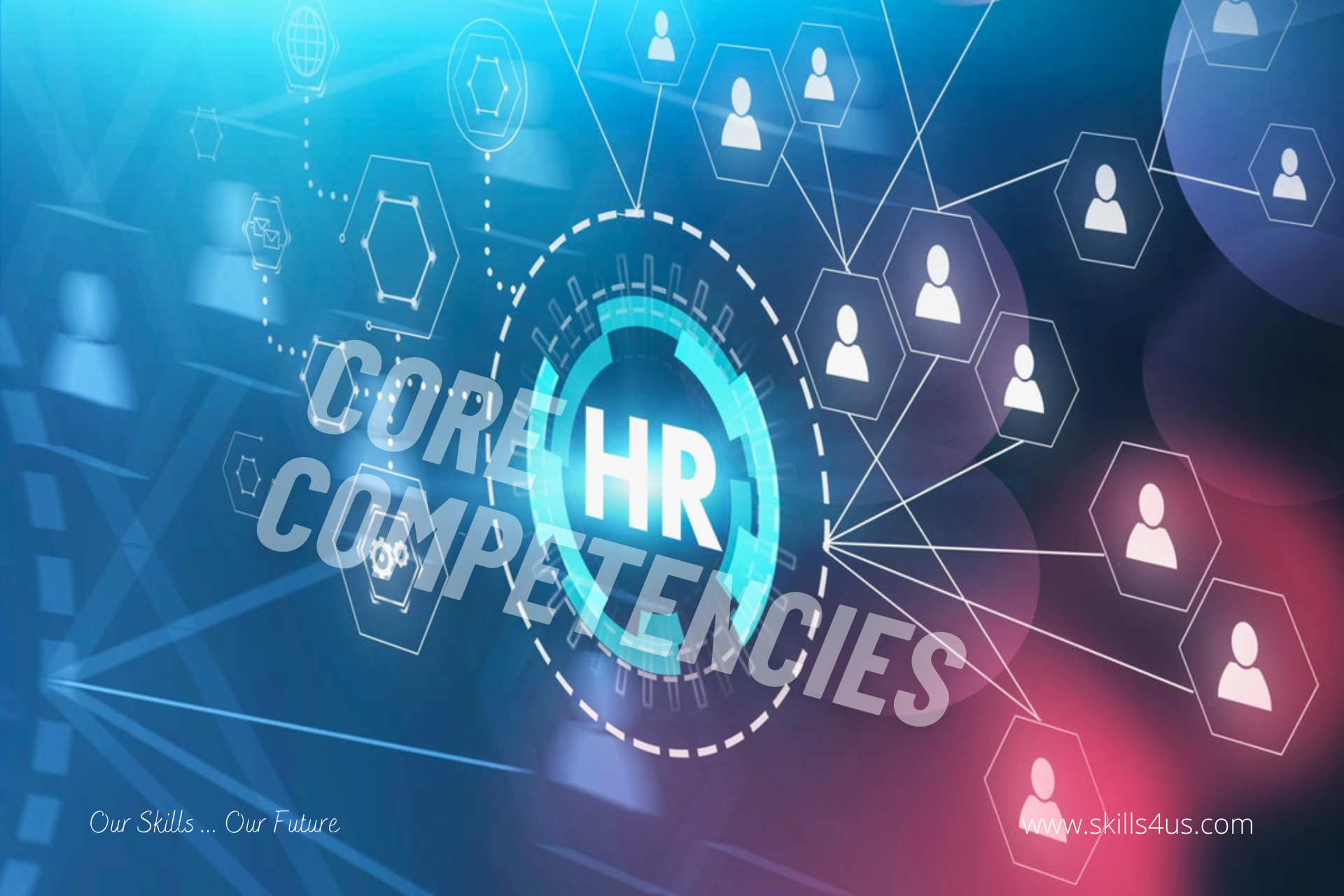
Developing Core HR Competencies Helps To Excel In Professional Life
In the rapidly changing and evolving business world, HR professionals need practical skills and competencies to be excellent contributors to the business. But as times and demands change, those working toward a career in HR may benefit from developing key competencies to help them manage employees, handle conflicts, represent organizations, and develop business strategies. As an HR professional, developing the core HR competencies required for this major may help you carry out key responsibilities and excel in your career.
Developing Core HR competencies
1. Effective communication
HR professionals having effective communication skills can help them lead new employee orientations and workshops and answer employee questions. Also, they constantly deal with people by phone or e-mail, draft organization policies, and conduct interviews.
2. Integrity and ethics
HR professionals often deal with sensitive information and situations, so they must demonstrate high trustworthiness and professionalism. Moreover, their commitment to fair and ethical behavior protects the organization and employees and promotes adherence to high standards at work.
3. Compliance
One of the primary tasks of HR professionals is to assist organizations in maintaining their compliance. They must be sufficiently aware of the laws and regulations related to the organizations, as this helps them make vital decisions, prepare for audits, document workplace events correctly, and promote a safe work environment.
4. Use talent management systems
HR professionals must be able to use talent management systems to digitize the process and keep comprehensive records functional. Knowing this will help them understand how to develop and motivate employees and provide better service to the organization.
5. Recruitment practice
HR professionals must be able to use tools such as applicant tracking systems and understand recruitment best practices. Thus, they have the skills to write persuasive job advertisements, attract and screen qualified candidates, conduct interviews, and make hiring decisions.
6. Leading change
HR professionals are often actively involved in decision-making and business strategies. Therefore, they must be able to help employees adapt by leading change, explaining organizational changes to them, and managing the implementation of new policies, processes, and technologies.
7. Dealing with others
HR professionals greatly influence an organization’s culture and can support employees to feel safe and welcome. Therefore, they must possess strong interpersonal competencies and skills to show genuine concern and build good relationships with employees.
8. Emotional intelligence
Exercising a high level of emotional intelligence enables HR professionals to recognize and acknowledge the feelings and experiences of employees. Also, it allows them to identify the emotional drivers behind employee behavior, makes them more aware of their reactions and feelings, and helps them respond to situations better.
9. Maintain confidentiality
HR professionals can access sensitive information such as employee records and personal details, performance appraisals, and salary information. Therefore, they must maintain the confidentiality that enables them to build and enhance trust and continue to serve the organization effectively.
10. Active listening
HR professionals often need to document conversations and write detailed reports. Therefore, they must be active listeners to clearly understand the points of view and the content of the discussion and dialogue. Knowing that this practice makes employees feel heard and valued.
11. Conflict resolution
HR professionals often mediate employee conflicts and help organizations meet employee needs. Therefore, conflict resolution is an essential competency in human resources, as it helps them overcome challenges, drive progress and innovation, and increase employee retention.
12. Critical thinking
Critical thinking helps HR professionals provide a rational perspective, deal with difficult situations, analyze them effectively, and make decisions. It also helps them reinforce views and ideas that work best for the work environment.
13. Objectivity
Objectivity makes HR professionals a neutral party and avoids bias and favoritism when managing and resolving conflicts in the workplace. Hence, they must remain calm, think clearly, and approach the problem from a solution-oriented viewpoint.
14. Analytical abilities
HR professionals who understand collecting, analyzing, and extracting data help organizations make data-driven HR decisions and act strategically.
15. Research and continuous learning
HR professionals who want to stay on top of their field must have research and ongoing learning skills. Because this leads to developing and understanding the benefits of new HR research findings and linking them to current HR trends.
16. Team building
The role of HR professionals is to make the entire organization feel like a team. So, they have to develop their team-building skills.
17. Organizing
HR professionals are often familiar with the best software and systems for organizing and sorting large amounts of data. So, organizational skills may help them perform some of their administrative responsibilities, such as filling out forms and creating charts and reports.
18. Build relationships
Because the workplace has diverse individuals, HR professionals must offer comprehensive policies, and everyone feels welcome. Thus, building excellent and constructive relationships helps unify business with other departments and maximize the organization’s potential and success.
19. Technology management
With the world becoming increasingly digital, HR professionals need the ability to adapt to new technology. Knowing that managing technology with high skill gives them an edge while managing their duties and tasks.
Developing core HR competencies differentiates HR professionals in their roles and enables them to continue better serving employees and the organization.



